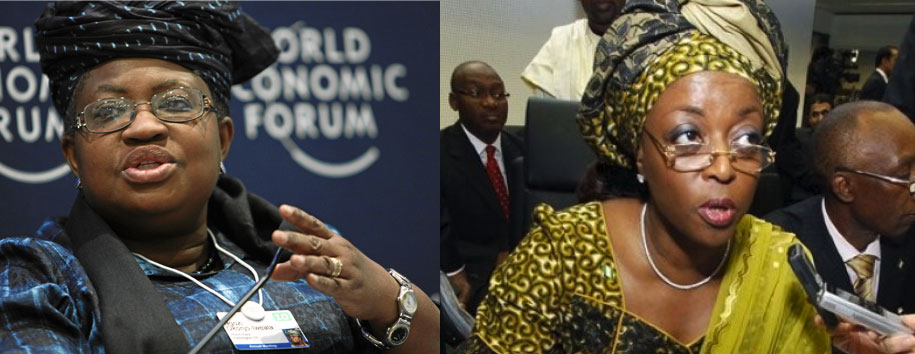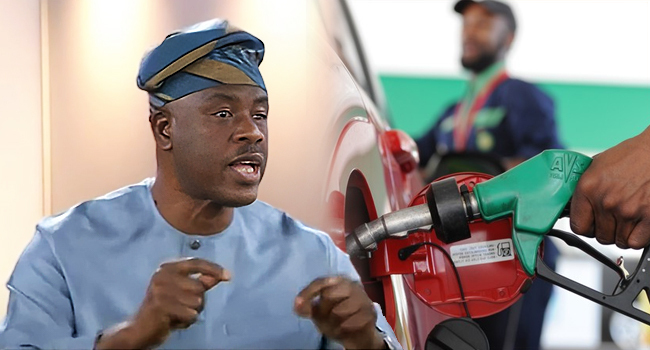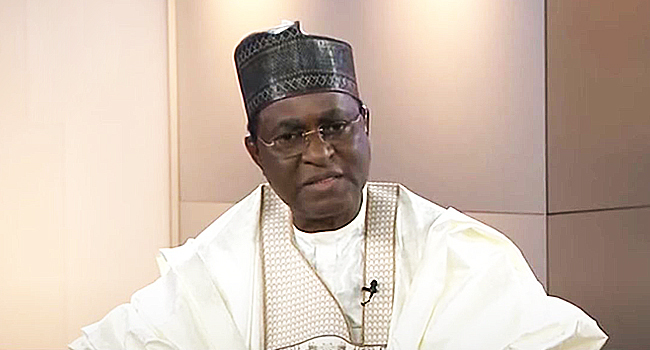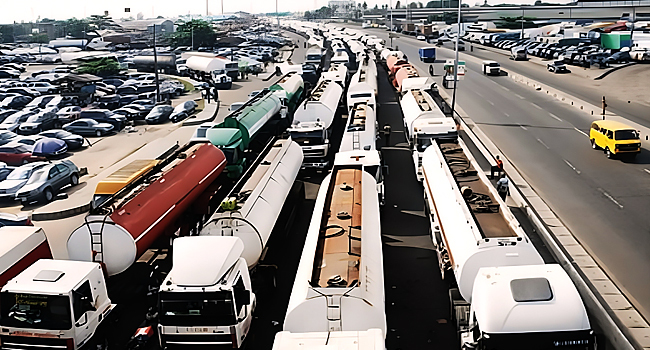
The debate over the Federal Government’s proposed removal of subsidy on petroleum product has reached a fevered pitch following an intense townhall meeting in Lagos on the subject.
Petroleum Minister Diezani Alison Madueke and Finance Minister Ngozi Okonjo Iweala attended the town hall meeting organised by Newspapers Proprietors Association of Nigeria (NPAN) on the topic: Removal of Fuel Subsidy: In whose Interest?”
The controversial ministers were at the meeting alongside politicians, top government officials and a cross section of civil society groups, prominent activists and other stakeholders.
At the heated town hall meeting, the minister of finance reaffirmed her position that removal of fuel subsidy is in the best interest of Nigerians, adding that the cost of landing and distribution of petroleum product comes to N139 per litre and the government is unable to sustain the N74 subsidy per litre.
She was supported by her colleague, the Minister of Petroleum who assented that it is not in the interest of Nigeria for the Federal Government to remain in the business of subsidising fuel.
Madueke argued that the removal of the fuel subsidy not only makes more funds available for infrastructure, but also makes the oil-rich nation more inviting to investors who are becoming increasingly interested in investing in the country now that there is talk of deregulation.
“Apart from our traditional refineries and the three green field refineries that we are planning with private sector investment and participation and equity investment as well, we will expect that other investors will come in and set up refineries and they are already bringing proposals to that intent,” the Petroleum minister said.
She said the deregulation of petroleum product will also open up investment in the downstream in the area of the nation’s depots, crude and oil pipelines, which will also be open to private sector investment.
The petroleum minister said deregulating fuel and opening up the downstream sector to indigenous and foreign investors will create millions of jobs, adding that “there is a real need to look at the issue of deregulation in the oil and gas sector”.
Madueke conceded that while subsidies are a good thing, only if they are efficiently and expediently utilised, but adds that in a case where they are not being used judiciously, then the subsidies become a waste of funds.
“Even if it will mean that we will go through a little of bit of pain in the short term,” Madueke said, explaining that even though the prices of petroleum products are bound to rise, the incline in price will be for a short period only and they will be sure to fall again.
However, Madueke’s impassioned presentation did little to sway the opposition from their position.
Representing the side of the opposition, renowned Human Rights Activist and Lawyers, Femi Falana and Olisa Agbakoba questioned the rationale behind the proposed action by the Federal Government, especially when no concrete plan has been put in place to take care of the adverse effect removing the subsidy will have on the economy and the masses.
Taking on the role of the mediator, Governor Adams Oshiomhole of Edo State took on the unpopular position, stating that subsidy removal was in the best interest of Nigeria, but that it ought to be approached with sincerity of purpose. He faulted the NNPC’s ability to keep up with the maintenance of refineries and facilities.
“Now the refineries are grounded, and the people have since gone home to enjoy their loot, leaving the country to be exporting jobs to Europe, while importing unemployment into the country. When will Mr. President fire those people? Jonathan will earn the trust and confidence of Nigerians if NNPC officials responsible for mismanaging our refineries are brought to justice.”
Though his stance made him less endearing to the audience who made their displeasure known by booing him, Governor Oshiomhole maintained that Nigerians give the Government a chance and said the people should hold it accountable for any failure to keep its promise.
He also called on crime fighting commissions to bring to justice those responsible for squandering the country’s funds.
“What Nigerians want to hear at the moment is how persons that diverted imported kerosene subsidized by tax payers’ money should be jailed, not tomorrow, but today,” said the Edo state governor and former president of the NLC.
“The people want to hear that the man has been charged to the EFCC (Economic and Financial Crimes Commission). Confidence building means that Nigerians want to see the president dealing with the cabal decisively.
“NNPC and PPPRA (Petroleum Products Pricing Regulatory Agency) officials who collaborate with the importers to calculate demurrage on imported fuel cargoes should be brought to book. It is only when government has brought such people to justice that it will earn the trust of the people. The issue is not about sermonizing, but action, and the time for it is now,” he said.
He said: “We have always said that government needs to look at the fuel price template again to remove the corruption components that contribute to the increases in the cost of fuel in the country. The issue of cabal cannot thrive except there are collaborators in government. If government wants to deregulate, there are some fundamental issues to put in place to facilitate the process. Overhaul NNPC and make it run like its counterparts in other parts of the world, rather than depend on importation of petroleum products.”
He was joined by Isa Aremu, President of the National Labour Congress who argued that the inefficiencies of the Petroleum industry of the government, which is at the core of the problem, is yet to be addressed.
“It is bad enough that you are importing,” Aremu said in his address to the panel. “But it is even worse that you cannot import and you cannot deliver the product, due to your inefficiencies.”
The Premium Times reported that Joint Action Force (JAF), the pro labour-civil society component of the Labour and Civil Society Coalition, has called on Nigerians to prepare for a mass action to resist the planned removal of fuel subsidy by the federal government.
In a media briefing on Wednesday in Lagos, the group announced that a nationwide mass action would commence on January 3rd to counter the planned subsidy removal, according to the Premium Times




